[OmniFaces utilities] The
getResourceBundles() method returns all application resource bundles registered as <resource-bundle> in faces-config.xml. If there are no resource bundles registered, then this method just returns an empty map.Method:
See also: org.omnifaces.config.FacesConfigXml and Faces#getResourceBundle()
Let's suppose that we have a resource bundle with "short" messages and a resource bundle with "full" messages:
Is quite
simple, just check the content of the msgs.ShortMessages:
English and
French (msgs.ShortMessages_en.properties and msgs.ShortMessages_fr.properties):
English and French (msgs.FullMessages_en.properties and msgs.FullMessages_fr.properties):
Now, in faces-config.xml, we
declare both resource bundles, as below (for the "short" messages we
have attached the var named, short, and for the "full"
messages, the var named, full):
<application>
<locale-config>
<default-locale>en</default-locale>
<supported-locale>en</supported-locale>
<supported-locale>fr</supported-locale>
</locale-config>
<resource-bundle>
<base-name>msgs.ShortMessages</base-name>
<var>short</var>
</resource-bundle>
<resource-bundle>
<base-name>msgs.FullMessages</base-name>
<var>full</var>
</resource-bundle>
</application>
Now, you
can use both resource bundles in the application views by indicating the proper
var. For example, a dummy usage is below:
<h:outputText
value="#{short['NAME']}"/>
<h:outputText
value="#{short['SURNAME']}"/>
<h:outputText
value="#{full['NAME']}"/>
<h:outputText
value="#{full['SURNAME']}"/>
Now,
programmatically speaking, we can access these resource bundles via Faces#getResourceBundles(), as
below:
Map<String, ResourceBundle>
resourcebundles = Faces.getResourceBundles();
for
(Map.Entry<String, ResourceBundle> entry : resourcebundles.entrySet()) {
// entry.getKey() - this is the var name
(short, full)
// entry.getValue().getString("NAME"));
- for short var
// entry.getValue().getString("SURNAME"));
- for full var
}

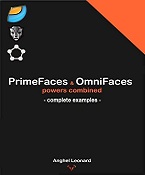
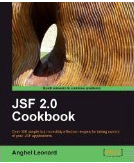
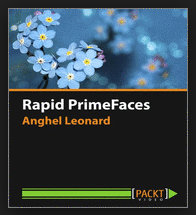





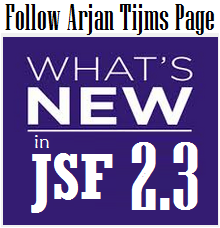

 Arrays
Arrays Converters
Converters

 JSF 2 Tutorials at www.mkyong.com
JSF 2 Tutorials at www.mkyong.com  JavaServer Faces (JSF) Tutorial
JavaServer Faces (JSF) Tutorial 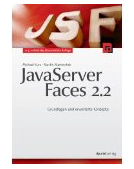
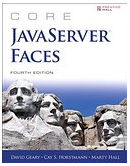
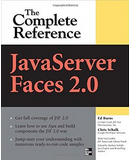
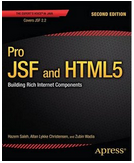




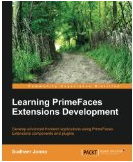



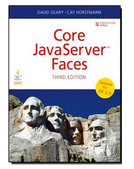

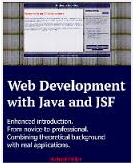
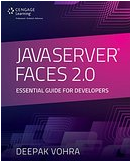

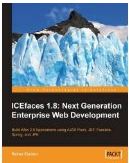




Niciun comentariu :
Trimiteți un comentariu